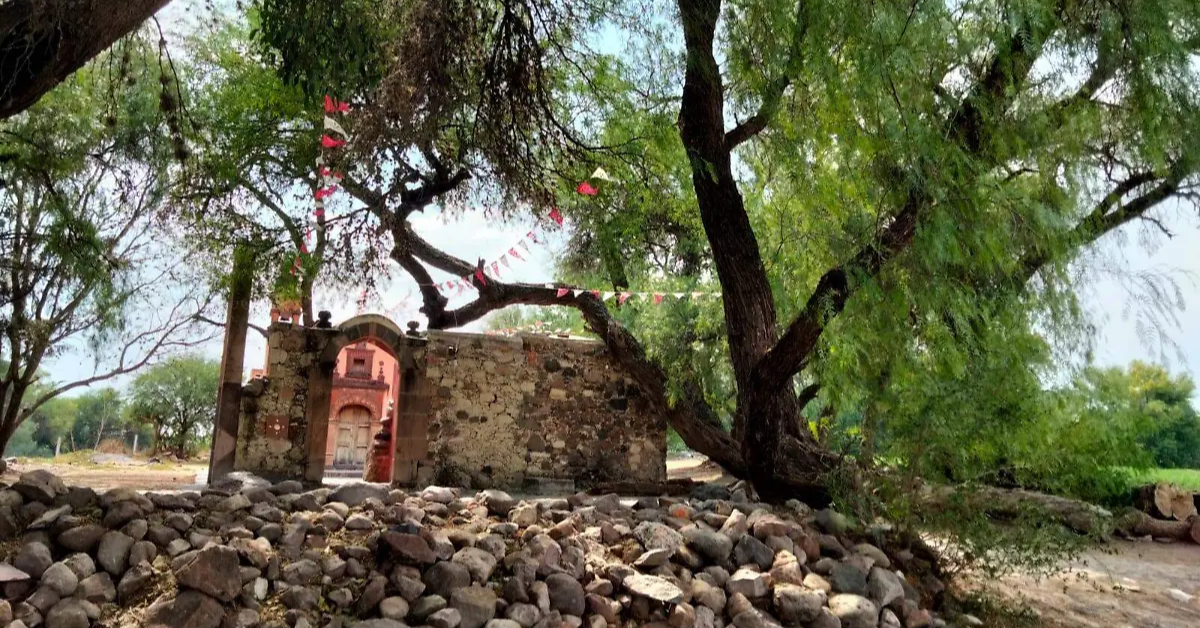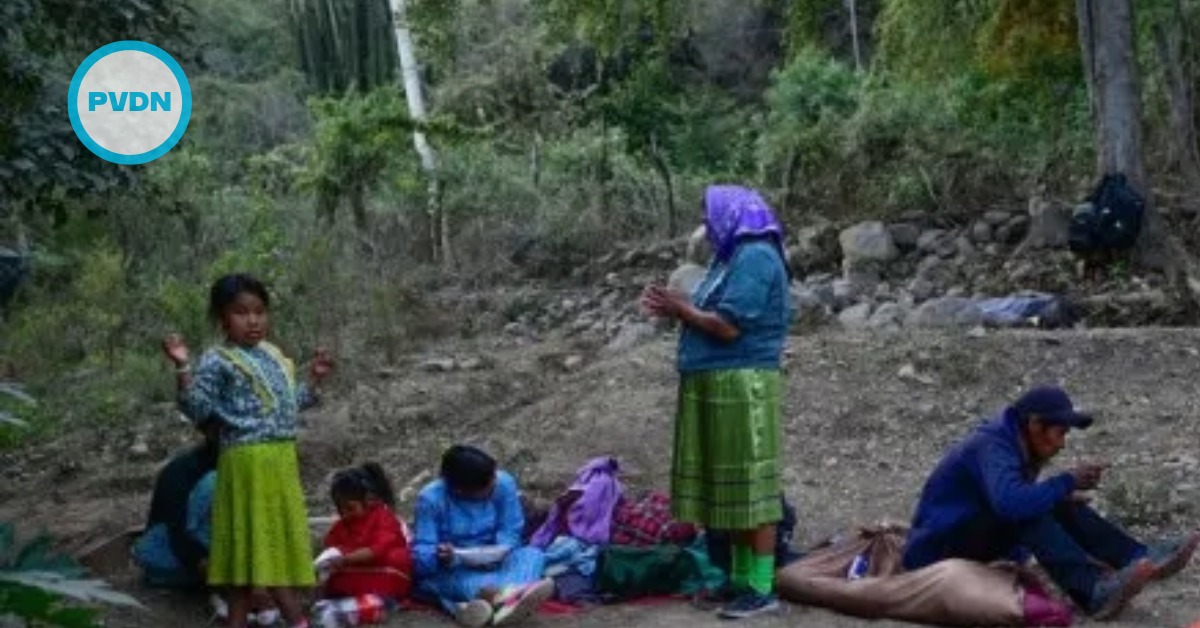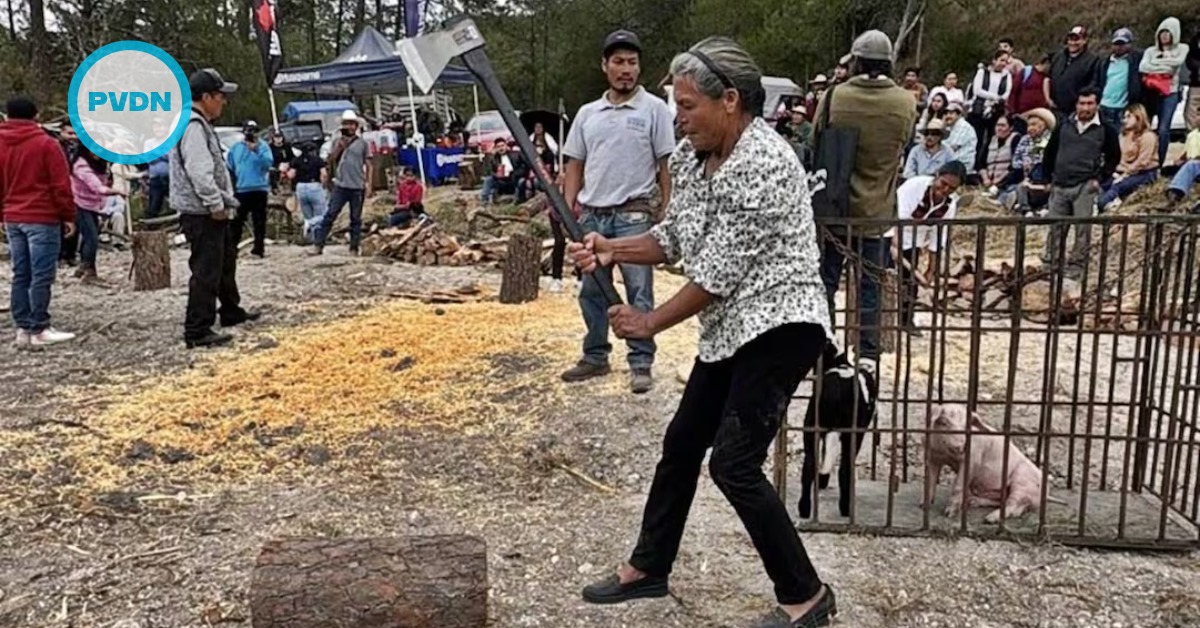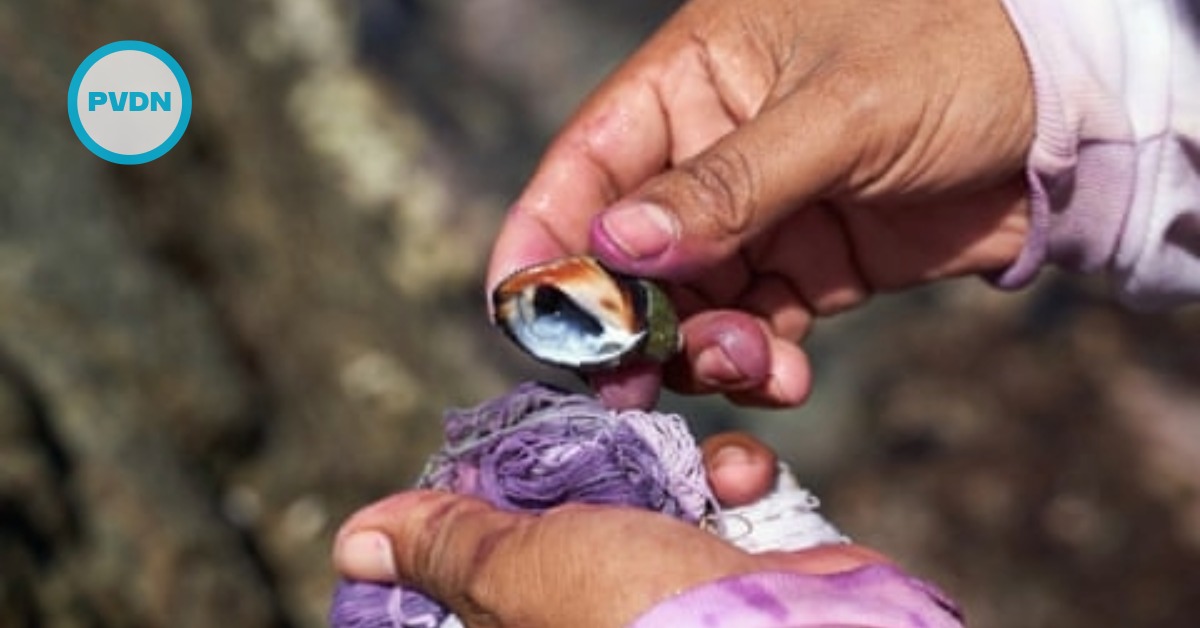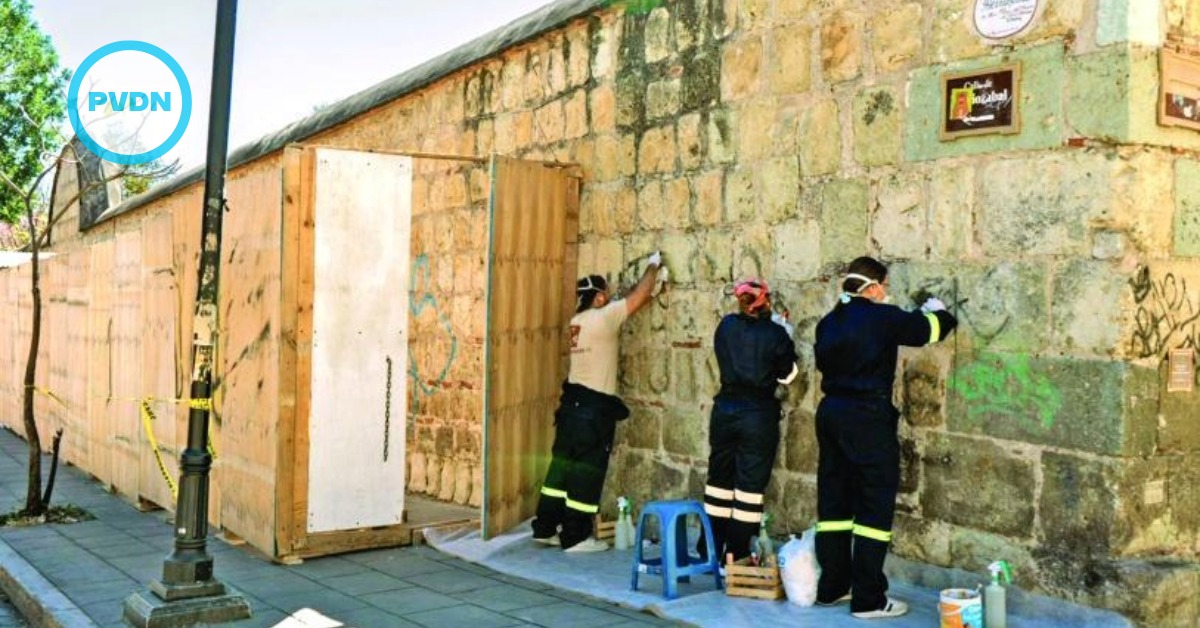San Miguel de Allende – Members of the HñaHÑu-Chichimeca Brotherhood to the Rescue of the Culture of the Indigenous Peoples of Mexico say the history of the region’s original inhabitants remains untold by official channels. From Cruz del Palmar, the group calls for full recognition and inclusion of the Chichimeca and Otomi communities that have shaped Guanajuato’s heritage.
Professor Magdaleno Ramírez, a native of Cruz del Palmar and veteran educator, recounts walking or riding horseback to school. “I trained to be a teacher, but I knew I had to return here to . . .


